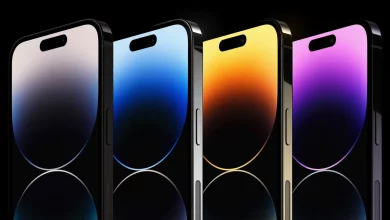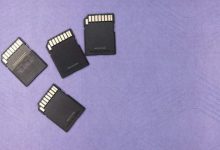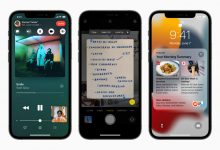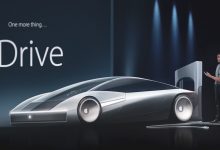Latest Articles
-
Oct- 2021 -4 OctoberEvolution

MIT Scientists Zero In on the Origins of Earth’s “Single Most Important Evolutionary Innovation”
A new study shows oxygenic photosynthesis likely evolved between 3.4 and 2.9 billion years ago. Some time in Earth’s early history, the planet took a turn toward habitability when a group of enterprising microbes known as cyanobacteria evolved oxygenic photosynthesis — the ability to turn light and water into energy, releasing oxygen in the process. This evolutionary moment made it possible for oxygen to eventually accumulate in the atmosphere and oceans, setting off a domino effect of diversification and shaping the uniquely habitable planet we know today. Now, MIT scientists have a precise estimate for when cyanobacteria, and oxygenic photosynthesis,…
Read More » -
4 OctoberSpace
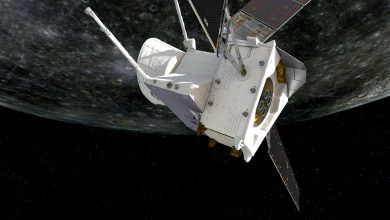
Mercury Ahead! Spacecraft Will Swoop by the Planet in Exciting Gravity Assist Maneuver
Lead image: Artist impression of BepiColombo flying by Mercury on October 1, 2021. The spacecraft makes nine gravity assist maneuvers (one of Earth, two of Venus and six of Mercury) before entering orbit around the innermost planet of the Solar System in 2025. Credit: ESA/ATG medialab The ESA/JAXA BepiColombo mission to Mercury will make the first of six flybys of its destination planet on October 1, 2021, before entering orbit in 2025. Hot on the heels of its last Venus flyby in August, the spacecraft’s next exciting encounter is with Mercury at 23:34 UTC on October 1 (01:34 CEST October…
Read More » -
4 OctoberScience-Tech
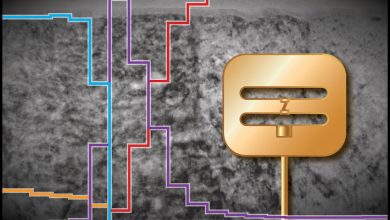
Connecting the Dots Between Material Properties and Superconducting Qubit Performance
Lead image: Scientists performed transmission electron microscopy and x-ray photoelectron spectroscopy (XPS) at Brookhaven Lab’s Center for Functional Nanomaterials and National Synchrotron Light Source II to characterize the properties of niobium thin films made into superconducting qubit devices at Princeton University. A transmission electron microscope image of one of these films is shown in the background; overlaid on this image are XPS spectra (colored lines representing the relative concentrations of niobium metal and various niobium oxides as a function of film depth) and an illustration of a qubit device. Through these and other microscopy and spectroscopy studies, the team identified…
Read More » -
4 OctoberScience
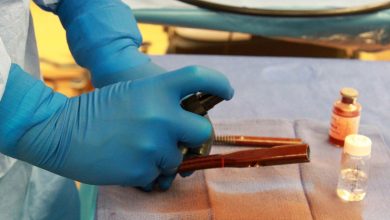
Antimicrobial Coating for Orthopedic Implants Prevents Dangerous Bacterial Infections
After mixing self-assembling polymers with antibiotics, the infection-preventing coating is sprayed on to human intramedullary hip implants with a simple perfume bottle. Credit: Segura Laboratory and Bertha Laboratory Customizable to individual patients and requiring less than 10 minutes to prepare and use, new surgical implant coating prevented 100% of infections in mice. Biomedical engineers and surgeons at Duke University and UCLA have demonstrated an antibiotic coating that can be applied to orthopedic implants minutes before surgery that eliminates the chances of an infection around the implant. In early trials in mice, the coating prevented all subsequent infections, even without infusions…
Read More » -
4 OctoberSpace
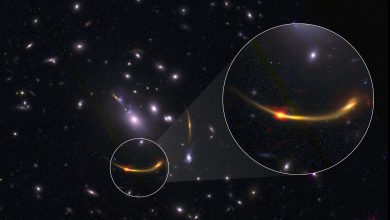
Scientists Uncover the Mystery of Early Massive Galaxies That Strangely Ran Out of Fuel
This composite image of galaxy cluster MACSJ 0138 shows data from the Atacama Large Millimeter/submillimeter Array (ALMA) and NASA’s Hubble Space Telescope. The magnified section shows a bright orange/red dot, which traces cold dust observed in radio using ALMA. This cold dust helps scientists to understand, by inference, the amount of cold hydrogen gas—required for the formation of stars—present in the galaxies in the cluster. Credit: ALMA (ESO/NAOJ/NRAO)/S. Dagnello (NRAO), STScI, K. Whitaker et al. New study reveals that early galaxies have no fuel, and something is stopping them from refilling the tank. Early massive galaxies—those that formed in the…
Read More »






